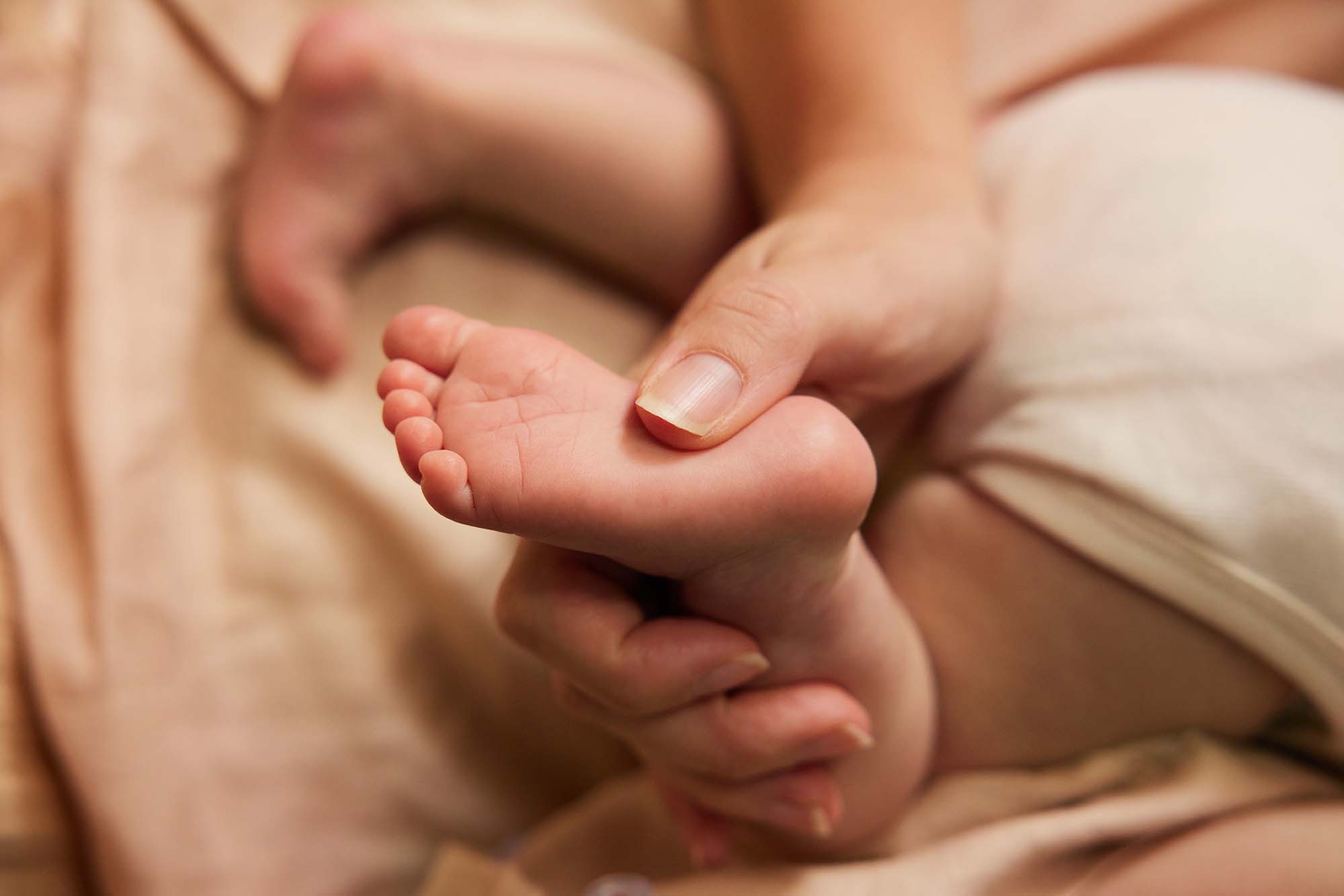
Navigating sleep regression
Sleep regression, how frustrating. Between 2-3 months, your baby may be having longer periods of sleep at night, then 4 months hit, and all of a sudden your peaceful sleeper has shorter naps, frequent and earlier wakeups, and is harder to get to sleep.
Understanding this, whatever it is, and that it will pass can take some of the frustration and stress out of this time. “Sleep regressions” are usually related to developmental milestones and you may see new skills like rolling over or grasping for things also happening. Sleep regressing may also link to a growth spurt, illness, teething, separation anxiety, or sometimes travel.
In certain ways, your baby’s sleep is maturing at 4 months. Before this milestone, your baby would sleep based on sleep pressure and not circadian rhythms. At around 4 months, their circadian rhythms are becoming more adult-like, which means they will eventually be able to sleep deeper and for longer. However, this also means that they will have more periods where they need to switch between a lighter and deeper sleep. This can be challenging because as their circadian rhythm develops, they begin to have lighter phases of sleep and can wake up easier.
How to Manage a Sleep Regression:
It can be super helpful and comforting to know that the 4-month sleep regression is normal and that it will pass. However, that does not mean that it is not difficult or exhausting.
Thankfully, there are things you can do to make this phase a little bit easier and to encourage healthy sleep habits. This is a good time to establish a bedtime routine and aim to put your baby down at around the same time each night, i.e., 6:30 pm-7 pm. Creating a peaceful and sleep-inducing environment will help your baby fall asleep more easily, and stay asleep throughout the night. This is a change from when baby was younger and could fall asleep anywhere.
Feed baby fully, then give them a relaxing bath and/or a massage. Then in a dim and quiet environment, read to them, give them a top-up feed, or sing and rock them.
Sometimes establishing a regular nap routine can help them sleep better at night. At this stage, your baby will need three naps. Depending on when your baby wakes, this might be around 9 am, or 1 pm, and a shorter nap around 3 pm-4 pm.
Try and do lots of activities when they are awake, especially outdoors.
Research has shown that moderate (safe) sun exposure is highly beneficial for the human brain and regulates the circadian rhythm for better sleep.
It may take time to figure out what works for your baby, be patient as this time will pass.
- Article by Libby Cain





